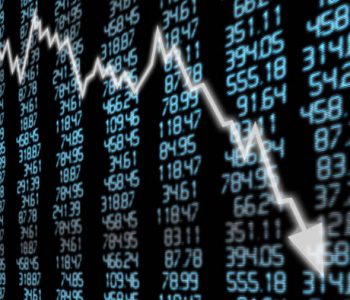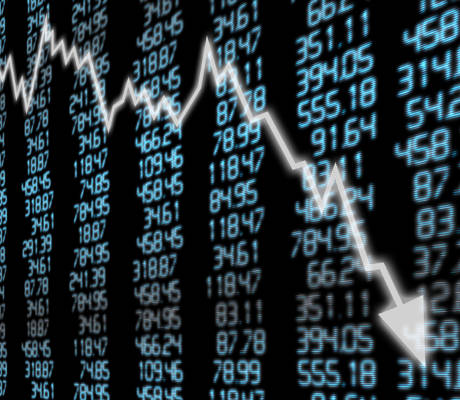Clarke Ceases Quarterly Dividend on Insufficient Cash

Halifax-Based Investment Firm Swings to Profit
New York, NY — Clarke Inc. (TSE:CKI) said it is ceasing the company’s regular dividend payout because its internally generated cash flow has been insufficient to fully finance recent dividend payments as a result of various investments it has made.
While announcing its decision on quarterly dividend, it said it will pay a special dividend of CA$2.00 per share.
“The Board of Directors decided to cease paying a regular dividend because the company’s internally generated cash flow has been insufficient to fully finance recent dividend payments as a result of various investments the company has made that do not generate recurring cash flows,” the Halifax-based investment company said in a statement on its website. (Source: “Clarke Inc. Reports 2016 Second Quarter Results,” Press Release, Clarke, August 4, 2016.)
Clarke also released its financial results for the second quarter of this year, posting profits of CA$6.4 million for those three months compared to a loss of CA$1.9 million for the same quarter in 2015. During the second quarter of 2016, the company’s investments increased in value by CA$3.7 million and it had revenues from its investments of CA$300,000.
“The Board of Directors decided to pay a special dividend due to its substantial cash balance and limited investment opportunities. Since the introduction of the Company’s regular dividend in August 2012, Clarke has paid a total of $58.2 million to shareholders by way of dividends.” (Source: Ibid.)
Clarke is a Halifax-based investment company with interests in several businesses. The company is actively involved with portfolio companies to help improve performance and build value.
During the quarter, Clarke invested CA$5.1 million in existing security holdings and received proceeds of CA$3.7 million from the sale of security holdings. Clarke also paid CA$32.8 million of dividends and spent CA$1.8 million repurchasing 193,675 common shares
“The decline in our book value per share during the second quarter was due primarily to the payment of regular and special dividends and a decline in the value of our pension plan asset,” the statement said. “These declines were offset in part by an increase in the value of our investments. Most of the companies we have invested in are exposed to the oil and gas industry in some manner.” (Source: Ibid.)
While the prices of many energy securities have recently improved, they still reflect a considerable amount of stress. This situation is transitory in nature in our view as the amount of oil the world needs simply cannot be produced indefinitely at recent prices without bankrupting the producing entities, the company said.
“We believe the energy companies in which we are invested are generally stronger, better and more efficient companies that will benefit as the oil and gas markets improve. We expect to continue repurchasing common shares as opportunities arise,” the statement concluded. (Source: Ibid.)











